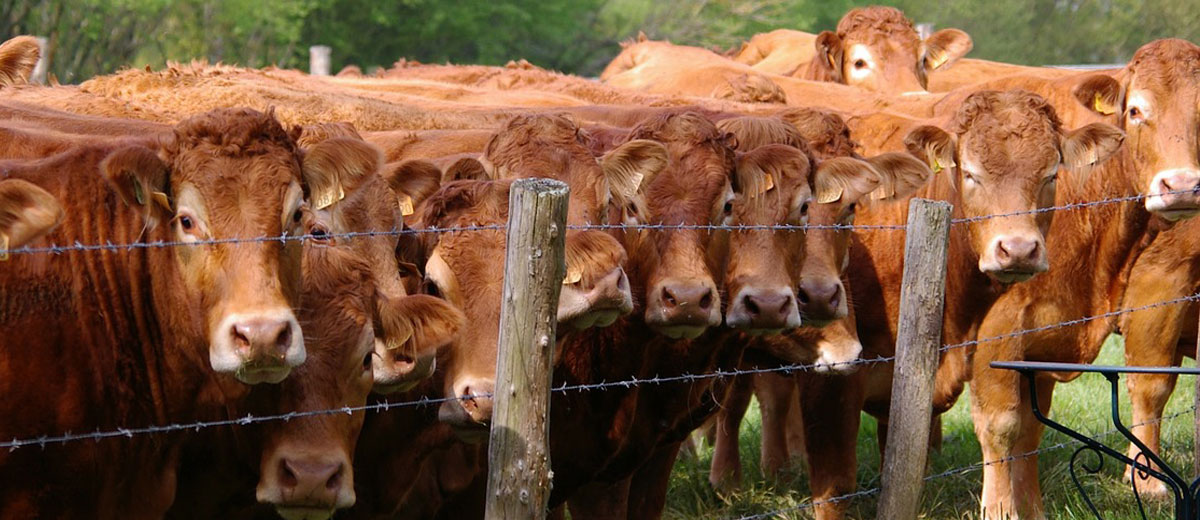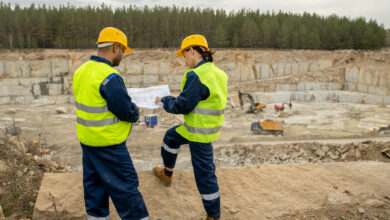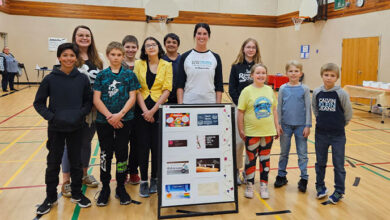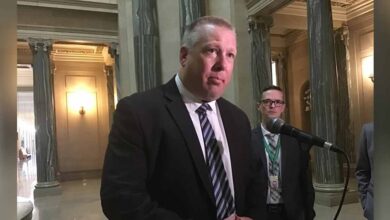
Bee-ing Resilient and Pollinating Prosperity
By Marcina Hodgins, Agricultural Program Specialist, Moose Jaw
Nestled in the heart of the prairies, Saskatchewan holds a sweet secret that buzzes through its vast agricultural landscape. Bees, those tiny yet mighty creatures, play a crucial role in the farming ecosystem. Saskatchewan’s agricultural success owes much to the tireless work of bees as they flutter from flower to flower, transferring pollen and ensuring the production of abundant crops. In a province where vast fields of canola and alfalfa dominate the landscape, bees are the unsung heroes responsible for pollinating these crops.
Beyond their immediate impact on crop production, bees also contribute to fostering biodiversity. Bees have diverse foraging habits and facilitate cross-pollination within plant species, enhancing genetic diversity and resilience within ecosystems. By supporting the growth and reproduction of various wildflowers and native plants, bees play a vital role in maintaining a balanced and healthy environment for both flora and fauna.
While crop pollination is the most widely recognized benefit of bees in agriculture, their importance extends far beyond that. Saskatchewan boasts a thriving honey industry, thanks to the hard work of beekeepers who tend to beehives across the province. Local honey not only serves as a delicious treat but also provides economic opportunities for beekeepers and contributes to the province’s agricultural economy. Many beekeepers have diversified their operations by producing value-added products from beehives, such as beeswax candles, beeswax-based cosmetics, pollen, propolis and mead. However, most beekeepers get most of their income selling bulk honey.
The well-being of bees and their contribution to Saskatchewan’s agriculture will ensure the long-term viability of our industry. Practices to help accomplish this include planting diverse bee-friendly forage crops, adopting integrated pest management strategies, providing water sources, preserving natural habitats and integrating crop and livestock systems .
Nectar of support: The Sustainable Canadian Agriculture Partnership (Sustainable CAP) has a few different programs that could improve the health and wellbeing of these important pollinators such as the Resilient Agricultural Landscapes Program (RALP). Through the Seeding Forage Beneficial Management Practices, producers could receive additional rebates, on a per acre basis, for seeding perennial pollinator species into their seed blend. Forage blends must be approved by an agri-environmental specialist to be eligible for funding.
Apiarists can also access up to $15,000 in rebates for equipment expenses that improve biosecurity practices through the Animal Health and Biosecurity Program apiculture stream. Eligible items or equipment for biosecurity improvements may include paraffin dipping equipment, wax melter, microscopes or hemocytometers for detecting Nosema and other diseases, mobile pressure washer, transportation netting and oxalic acid applicators.
For more information on eligibility requirements, funding levels and eligible expenses, contact your local agricultural programs specialist or buzz the Agriculture Knowledge Centre at 1-866-547-2377.








































